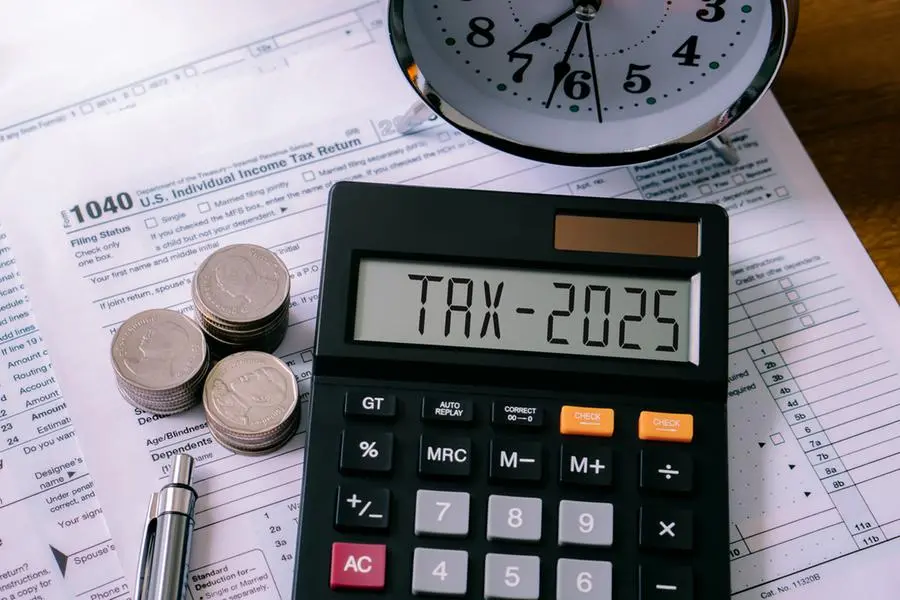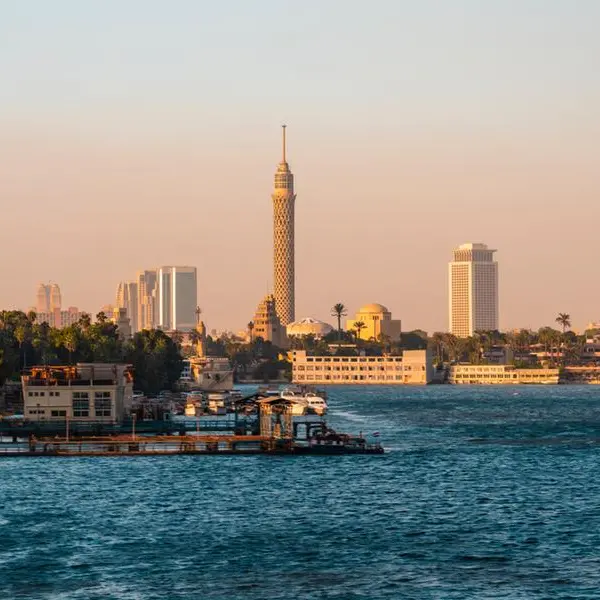PHOTO
Bahrain is preparing to introduce new taxation measures targeting corporate profits and carbon emissions as part of efforts to diversify state revenue and reduce reliance on oil after a proposed ‘sweet and sin tax’ received a sour reception.
These two sources of revenue are included in the national state budget for 2025-2026, though they are not yet reflected in numerical form within the budget breakdowns.
Shura Council financial and economic affairs committee chairman Khalid Al Maskati confirmed to the GDN that the government is pushing ahead with necessary legislations to regulate these new forms of taxation.
He emphasised the need for clearly defined mechanisms that outline how such taxes will be calculated and implemented.
“The government has to come up with legislations that are balanced and soon to enable a reflection in revenues,” Mr Al Maskati said. “This requires classification for companies, step-by-step implementation, and monitoring duties being specified.”
The move to implement taxation on profits and carbon emissions represents a significant shift in Bahrain’s fiscal policy, with the aim of enhancing sustainability and meeting both economic and environmental goals.
Mr Al Maskati noted that the introduction of such taxes must be structured carefully to ensure clarity and fairness across sectors. “The mechanisms must be clear – whether it is about how corporate profits are calculated or how carbon emissions are measured and monetised.
“Companies must know where they stand and enforcement must be consistent and fair,” he added.
The government expects the National Bureau for Revenue (NBR) to experience a surge in tax collection as a result of these and other measures.
According to Mr Al Maskati, taxation revenues are forecast to increase by 25.8 per cent this year and 25pc in 2026.
While these new measures signal a push for a more diversified fiscal framework, other proposed tax increases have faced resistance. Last month, legislators rejected a government proposal to raise the selective (sweet and sin) tax on energy drinks and tobacco products from 100pc to 150pc, and on soft drinks from 50pc to 100pc.
Despite that setback, Mr Al Maskati underscored the urgency for reform.
“We can’t delay,” he said. “These are essential reforms that will bolster national revenue without placing a disproportionate burden on any one segment of society or the economy.”
He acknowledged that while the taxes on profits and carbon emissions are not yet quantified within the current budget, they remain a key part of the government’s medium-term fiscal strategy.
The lack of current numerical details, he said, reflects the ongoing work to finalise the legal and technical frameworks.
“The legislations will provide the base. Once that’s done, the numbers will come,” Mr Al Maskati said.
With regional peers also exploring or expanding environmental and corporate taxes, Bahrain’s planned measures place it in line with broader GCC efforts to modernise economic policy in response to global trends.
As the legislation is expected to be rolled out in phases, businesses in Bahrain have been encouraged by legislators to prepare for compliance with future reporting and taxation standards.
This comes as they await the full details of the government’s classification system, implementation timeline, and oversight responsibilities.
The national state budget was ratified by His Majesty King Hamad last month.
The total spending budget for both this year and the next will be BD8.916 billion, divided into BD4.379bn this year and BD4.536bn the next.
Recurrent expenditure will be BD8.366bn – BD4.104bn this year and BD4.261bn the next.
A total of BD550 million will be spent on projects, divided equally into BD275m each year.
The government is anticipating general revenues of around BD6.383bn – BD2.924bn this year and BD3.459bn the next.
A total of BD37.234m is expected to be transferred to the Future Generations Fund from exported oil barrels – BD18.703m this year and BD18.531m the next.
The deficit calculated for both years is BD2.532bn with BD1.455bn this year and BD1.077bn in 2026. As mentioned in law, the deficit will be covered through borrowing.
Municipal revenues for both years, covering the Capital Trustees Authority and the three other municipalities, is expected to hit BD215m – BD105m this year and BD110m in 2026. Municipal spending would be BD199.593m – BD99.363m this year and BD100.230m the next.
The Finance and National Economy Minister is authorised under the legislation to distribute BD134.469m wherever needed – BD62.292m this year and BD72.177m next year.
Meanwhile, Shura Council members also unanimously approved amendments to the 1977 Bonds Law to raise Bahrain’s borrowing ceiling to BD22.5bn – to finance the budget deficit and meet upcoming financial obligations.
Copyright 2022 Al Hilal Publishing and Marketing Group Provided by SyndiGate Media Inc. (Syndigate.info).



















